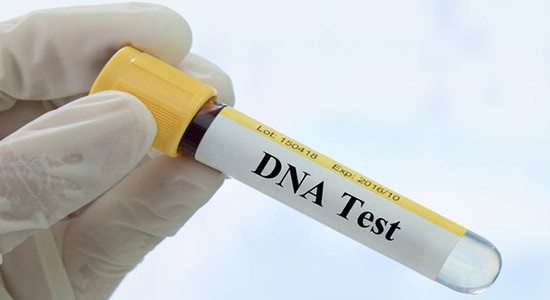Trust and truth form the cornerstone of family relationship. When these are compromised through paternity fraud, the resulting emotional and psychological trauma can leave indelible scars on both children and fathers.
Paternity fraud occurs when a man is incorrectly identified as the biological father of a child, often unknown to him. The discovery of such a deception can be devastating, shattering ancestral bonds and individual identities.
For children, discovering that the man they believed to be their father is not biologically related to them can trigger a profound identity crisis. This revelation often leads to feelings of betrayal, confusion, and abandonment.
Take, for instance, the story of Mariam, a 17-year-old who stumbled upon old letters revealing her mother’s affair and the subsequent deception about her paternity.
For Mariam, this discovery felt like an earthquake shaking the very foundations of her existence. She wrestled with questions about her identity, her place within her family, and even her genetic heritage.

Children in such situations often experience:
1) Loss of trust
2) Emotional distress
3) Identity confusion
For fathers who discover they have been deceived about their biological relationship with their child, the emotional fallout can be equally devastating.
The bond they believed to be biological and unique is suddenly called into question, leading to a sequence of emotional reactions.
Take into account Michael’s situation, who, after 20 years of raising his daughter Joy, discovered through a medical necessity that he was not her biological father.
The revelation was a crushing blow, leaving him feeling betrayed by his partner and questioning the authenticity of his relationship with Joy.
Fathers affected by paternity fraud often face:
1) Emotional devastation
2) Identity crisis
3) Legal and financial strain
The impact of paternity fraud extends beyond the immediate relationships between the child and the father. Entire family relationships can be disrupted.
While the psychological effects of paternity fraud are significant, it is possible for families to heal and move forward. Professional counseling and open, honest communication are crucial.
For children, reconnecting with their true biological roots, if possible, and receiving reassurance of love and support from their family can help rebuild their sense of self.
In conclusion, paternity fraud leaves deep emotional and psychological scars on both children and fathers.
The deception undermines trust and can lead to profound identity crises. However, with time, support, and a commitment to honesty and healing, it is possible for affected individuals and families to maneuver and find a path to recovery.




